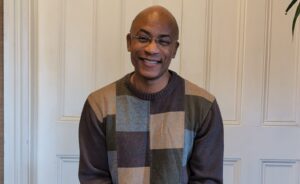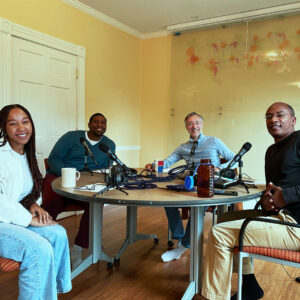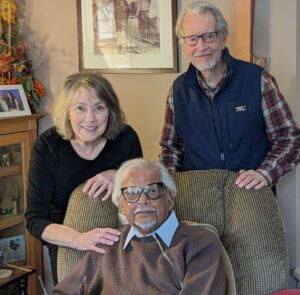Recently I was over at fellow Gandhi staff member Malik Thompson’s home and while talking he handed me a book. We Make the Road by Walking is a transcribed conversation between Myles Horton and Paulo Freire, both prominent educators and social critics.
The book opens with a discussion of reading. Both Horton and Freire found reading to be instrumental in their desire teach adult education. Both men felt that reading was something that required a certain degree of work, but opened up worlds of thought and ideas. As students, both noticed that their classmates loathed reading, presumably because of the coercive nature of assignments. Horton in particular noted this precarious situation with a great degree of curiosity. He recognized the importance of learning Aristotle, Shakespeare, and Wordsworth, but disagreed with how it was taught. Horton and Freire came to the conclusion that education depended on the desire of the student to learn. This inner desire was critical in changing the approach of education.
The key to education is to create an environment conducive to the individual’s curiosity and desire to learn a certain subject. A necessary part of creating this environment was respect. Educators need to respect the people they work with in the process of learning. They also need to realize how much those they are working with already know. This means that the education process involves learning on both sides. One instance Horton recalls was during a push by Black civil rights organizers to teach rural, coastal Carolinians how to read in order to become registered to vote. State and Federal workers had tried and failed for a number of years at boosting literacy rates. This resulted in a region comprised primarily of a black populace that was disproportionately represented by a wealthier white contingency. Horton worked with a team of thinkers from across the South to address this problem. He and a group of civil rights activists agreed that it would be important that only African Americans teach. Previously, the educators had been white outsiders. It didn’t help that the adults wanting to learn had to do so in settings meant for children; in this way the previous spaces were an environment not leant to fostering a sense of self-worth and competence. Being aware of just a few of these important factors resulted nearly eighty percent passing rates for literacy amongst the students. The grassroots movement framed reading as a path to political efficacy and liberation.
I found this book to be of the utmost importance in understanding how we learn and why this process of learning is essential to social movements. The movement starts within the individual and if that activists and educators can set that movement in motion, genuine bottom up change can occur.
“If people have a position on something and you try to argue them into changing it, you’re going to strengthen that position. If you want to change people’s ideas, you shouldn’t try to convince them intellectually. What you need to do is get them into a situation where they’ll have to act on ideas, not argue about them.” – Myles Horton
written by Al DeNooyer, former staff member




